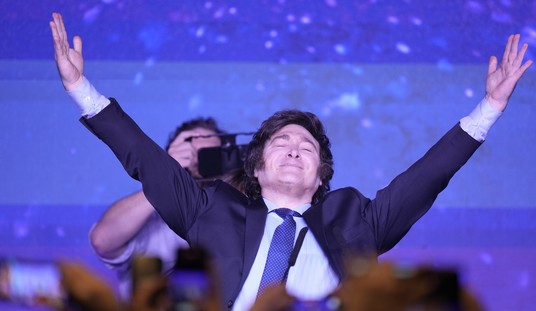OK, last Hollywood post–hopefully–for a while: Libertas explores the language of heroism in Hollywood’s two recent 9/11-themed (big screen) movies and finds them more than a little wanting. A couple of posts ago, I conjured up the memory of Bogie in Casablanca. I think any World War II-era filmmaker would agree with that Hollywood has lost much of its impact as its cinematic language has been criminally eroded.
Meanwhile, over at Opinion Journal, John Fund writes that “‘Docudramas’ are the worst draft of history”. But if by docudrama he simply means a retelling of a historical event with actors instead of raw newsreel or documentary footage, this used to be what Hollywood routinely churned out day and night. A very brief glance at my far from complete movie library shows the following titles on the shelf:
And down the line to more recent movies such as Tom Selleck’s portrayal of Ike, Conspiracy (about the Wannsee Conference) and Downfall.
Aren’t these all docudramas? If, as Fund suggests, docudramas are indeed now the worst draft of history, the reason may be that Hollywood is now too far to the left to represent a centrist point of view. But, and this is very much related to the town’s politics, it may also be that, as Libertas suggests about the two recent 9/11-movies, Hollywood finds it difficult to find the cinematic language necessary to take an actual modern event and embew it with the proper drama these days. Or as Lionel Chetwyd, the writer of that Eisenhower docudrama put it when, a few years earlier, he tried to pitch a recreation of another real-life WWII story to a television network head:
“So I went in,” Chetwynd told me, “and someone there said, ‘So these bloodthirsty generals sent these men to a certain death?’“And I said, ‘Well, they weren’t bloodthirsty; they wept. But how else were we to know how Hitler could be toppled from Europe?’ And she said, ‘Well, who’s the enemy?’ I said, ‘Hitler. The Nazis.’ And she said, ‘Oh, no, no, no. I mean, who’s the real enemy?'”
“It was the first time I realized,” Chetwynd continued, “that for many people evil such as Nazism can only be understood as a cipher for evil within ourselves. They’ve become so persuaded of the essential ugliness of our society and its military, that to tell a war story is to tell the story of evil people.”
If Nazism “can only be understood as a cipher for evil within ourselves”, what does that do for Islamofascism and the fight against it?









Join the conversation as a VIP Member